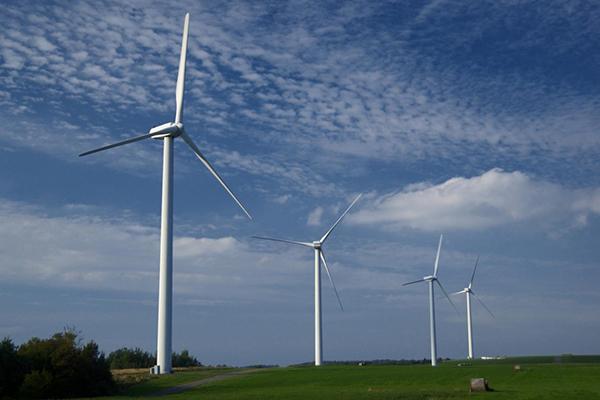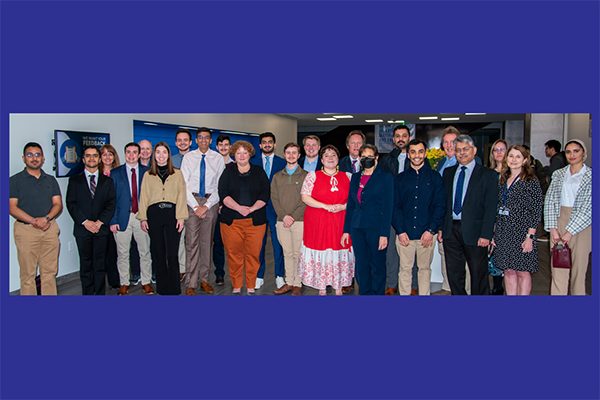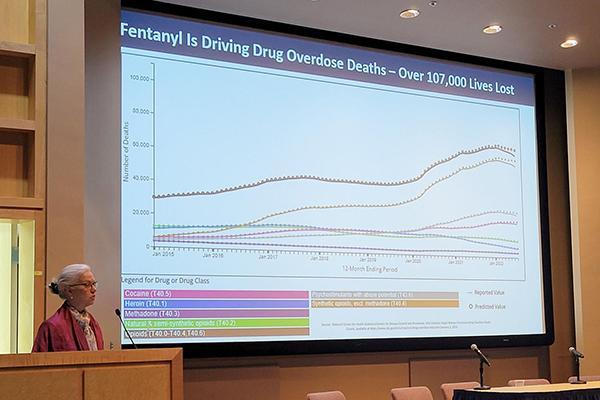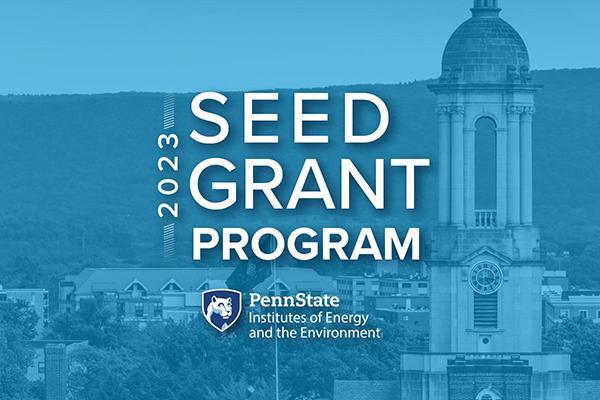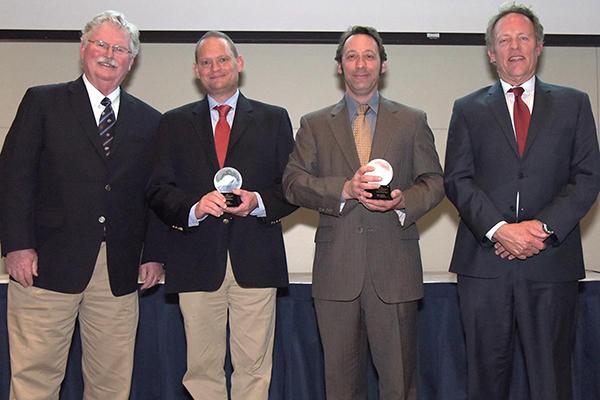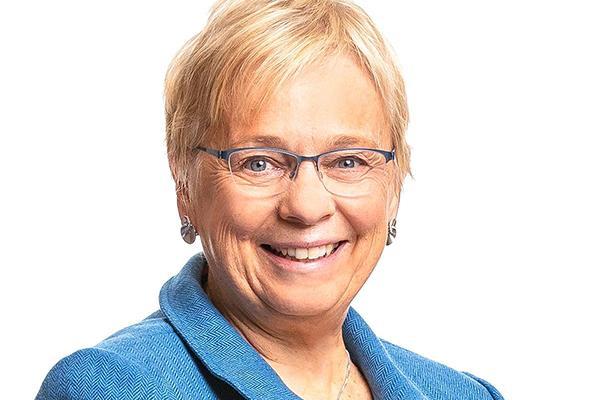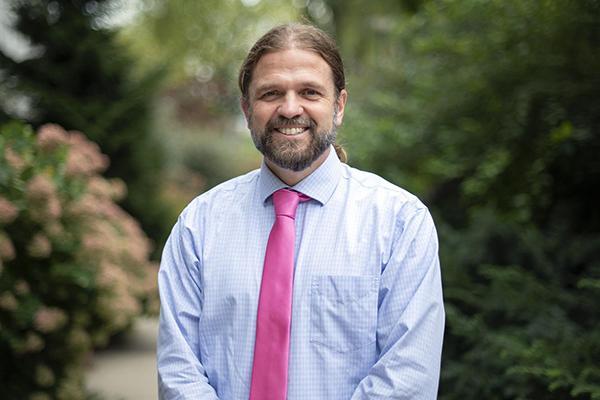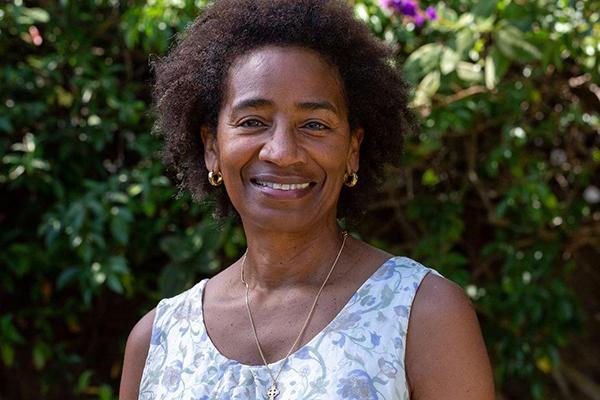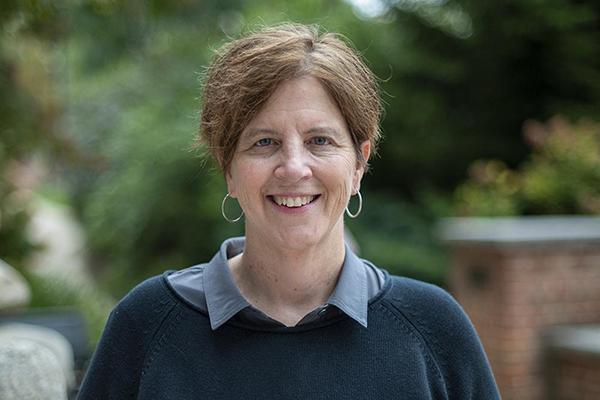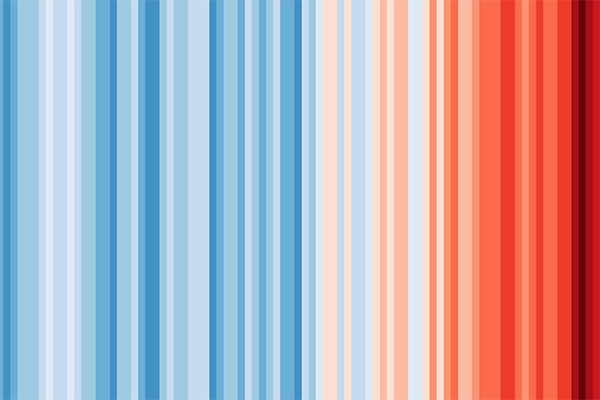Machine learning technology that can recognize human faces may also help to improve weather forecasts, according to a team of scientists.
This spring semester 2023, 15 undergraduates were inducted as College of Earth and Mineral Science Academy for Global Experience (EMSAGE) laureates.
The Penn State Consortium on Substance Use and Addiction (CSUA) recently hosted its fourth annual conference in the HUB-Robeson Center at the University Park campus.
Nineteen interdisciplinary research teams received funding through the Institutes of Energy and the Environment’s (IEE) Seed Grant Program for 2023. This includes more than 75 researchers who are affiliated with 10 colleges and research units across seven Penn State campuses.
Penn State's College of Earth and Mineral Sciences (EMS) recognized exceptional students and faculty for their academic excellence, service and leadership during its annual Wilson Awards Celebration, held on Sunday, April 23.
Susan Avery, president emerita of the Woods Hole Oceanographic Institution, will deliver the commencement address for the College of Earth and Mineral Sciences’ 2023 baccalaureate degree commencement ceremony.
Chris Fowler, associate professor of geography and demography, has received the 2023 Penn State Award for Faculty Outreach.
Marilyn Raphael, professor of geography at UCLA, will discuss the role of Antarctic sea ice in the global climate system at the annual E. Willard Miller Endowed Lecture at 3:30 p.m. on Friday, April 14.
From improving water quality to providing a haven for endangered species, wetlands are the unsung heroes of our planet.
Two climate-related projects received seed grant funding through high-performance computing support and consultation.


